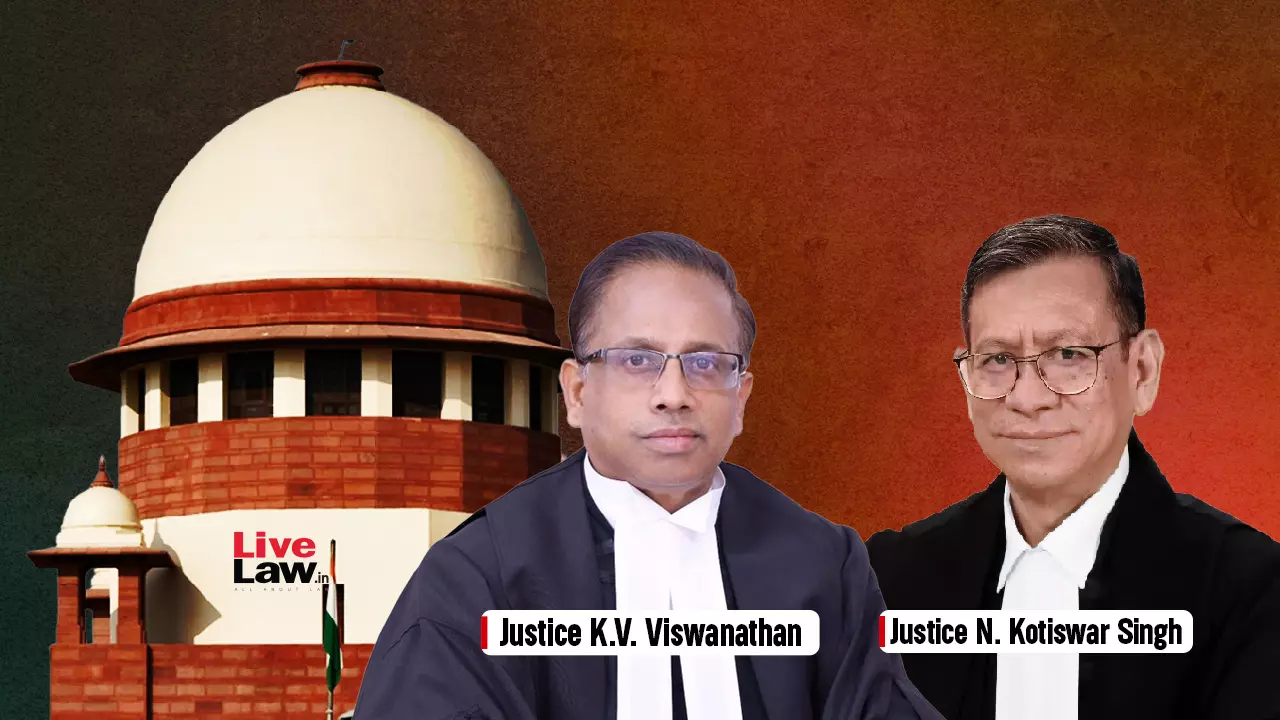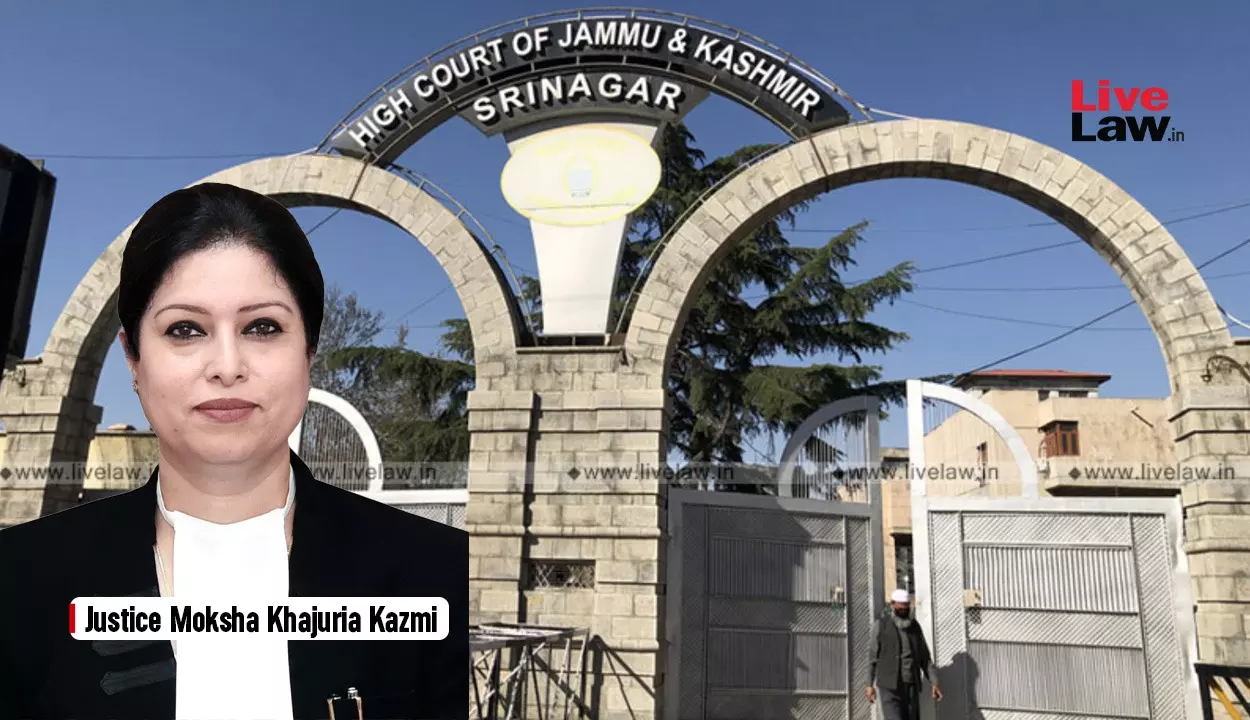Madras High Court Upholds SBI’s Decision To Cancel Candidate’s Appointment Due To Poor CIBIL History, Says Financial Indiscipline Not Tolerable In Banking Sector

The Madras High Court upheld the State Bank of India’s decision to cancel the appointment of a candidate selected for the post of Circle Based Officer, holding that a candidate with a history of loan default or adverse credit reporting is disqualified under the recruitment clause, even if the loans were later settled.
A Single Bench of Justice N. Mala observed, “…the bank took a prudent decision that the candidates with history of default in repayment of loans and adverse CIBIL and other external agencies report were ineligible. The probable rationale behind the said criteria may be that in banking business, the employees deal with public money and therefore financial discipline needs to be strictly maintained. Further there must be efficiency in handling public money and obviously a person with poor/ or no financial discipline cannot be trusted with public money.”
The Court added, “…when the said clause in unequivocal terms states that the candidates with adverse credit card dues and report of CIBIL or other external agencies were not eligible for appointment. The explanation now sought to be given by the petitioner that the said clause should be read to mean that, on the date of notification there were to be no dues or default in repayment of loans/credit card dues cannot be endorsed, as it is goes against the letter of the clause.”
Advocate V. Siddharth appeared for the Petitioner, while Advocate C. Mohan represented the Respondents.
Brief Facts
The Petitioner had applied for the post of Circle Based Officer in SBI pursuant to a recruitment notification. After clearing the written examination, interview, medical, and document verification stages, he was issued an appointment letter. Anticipating his joining, he resigned from his previous employment.
However, on examining his CIBIL credit report submitted during the recruitment process, the Bank found several adverse entries, including a personal loan written off with a suit filed for recovery, irregular repayments on other loans and credit cards, and over fifty loan inquiries between 2016 and 2021. SBI issued a show cause notice asking the petitioner to explain. In his reply, the Petitioner admitted the defaults, stating that he had taken the loans to assist his brother’s business and faced financial difficulty due to the pandemic.
The Bank cancelled his appointment by an order dated, invoking Clause 1(E) of the recruitment notification which disqualified candidates with a history of default or adverse CIBIL reports. Aggrieved, the Petitioner approached the High Court seeking to quash the cancellation and allow him to join duty.
The Petitioner argued that he had repaid the loans prior to the notification, that no default existed at the relevant date, and that other similarly placed candidates had been allowed to join.
Reasoning of the Court
The Court noted that the Petitioner, having participated in the selection process without challenging the terms of the recruitment notification, could not seek to reinterpret the clause disqualifying candidates with adverse credit history. The Bench stated, “The petitioner’s interpretation of Clause 1(E) of the Notification, in the absence of a challenge to the same, cannot be entertained. Moreso, when the said clause in unequivocal terms states that the candidates with adverse credit card dues and report of CIBIL or other external agencies were not eligible for appointment.”
The Court recorded that the petitioner had admitted to defaulting on repayment of personal loans and credit card dues, and that his CIBIL report reflected a pattern of irregular repayments, settlement closures, and a loan written off with legal recovery initiated.
The Court observed, “The petitioner clearly admitted his default in repaying the personal loans and therefore in my view, the respondent-bank cannot be faulted for invoking Clause 1 (E) of the Notification.”
The Court further examined SBI’s internal communication, which permitted joining in cases of minor defaults that were regularised prior to appointment. However, it found that the Petitioner’s case involved repeated and serious financial misconduct and therefore did not fall within the ambit of this relaxation.
The Court observed, “One more aspect that needs mention here is that the bank took a prudent decision that the candidates with history of default in repayment of loans and adverse CIBIL and other external agencies report were ineligible. The probable rationale behind the said criteria may be that in banking business, the employees deal with public money and therefore financial discipline needs to be strictly maintained. Further there must be efficiency in handling public money and obviously a person with poor/ or no financial discipline cannot be trusted with public money.”
On the issue of arbitrariness, the Court held that no materials had been placed to show that similarly placed candidates had been treated differently, and noted that the policy had been applied uniformly and that the Petitioner’s credit behaviour, reflected in more than 50 loan enquiries and suit-filed loans, was far beyond what could be excused as minor default.
The Court rejected the Petitioner’s contention that the absence of dues on the date of notification should suffice, stating, “In view of the petitioner’s adverse CIBIL report and the legal position laid down by the Hon’ble Supreme Court, the contention of the learned counsel for the petitioner-that as on date of notification, the petitioner had no outstanding dues in respect of the loans availed-and, therefore the impugned order deserves be set aside, is found to be without merit and is accordingly rejected.”
Consequently, the Court dismissed the writ petition.
Cause Title: P. Karthikeyan v. The General Manager, State Bank of India & Ors. (W.P. No. 11122 of 2021)
Appearance:
Petitioner: Advocate V. Sidharth
Respondents: Advocates C. Mohan, A. Rexy Josephine Mary





